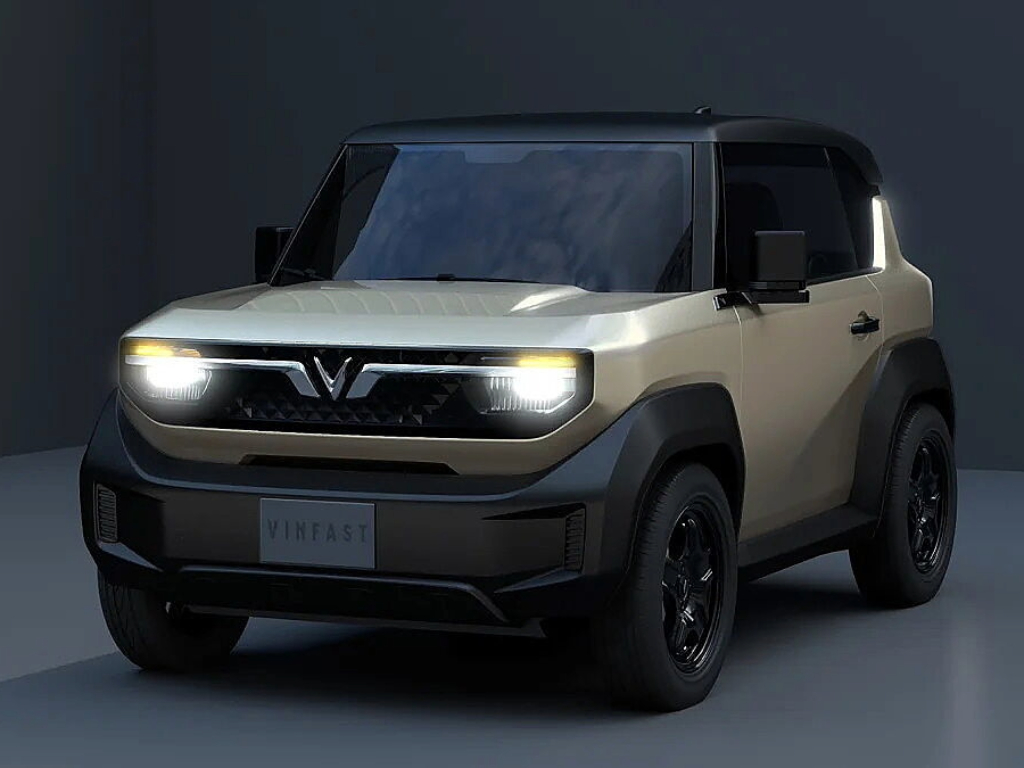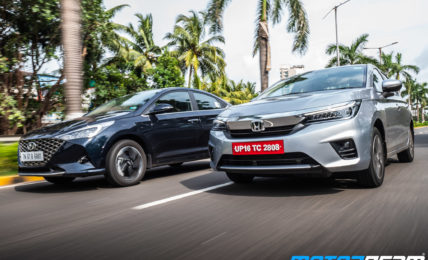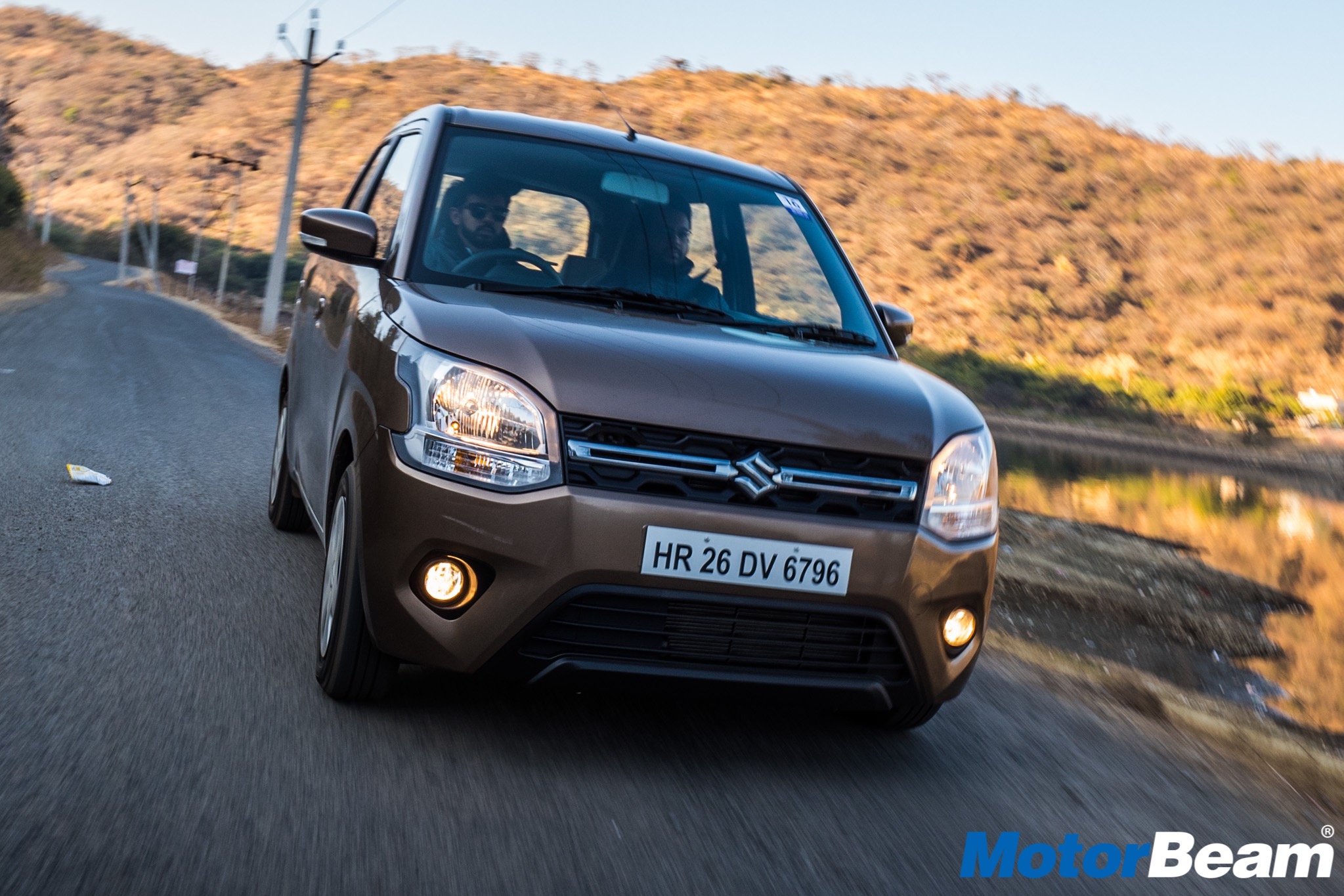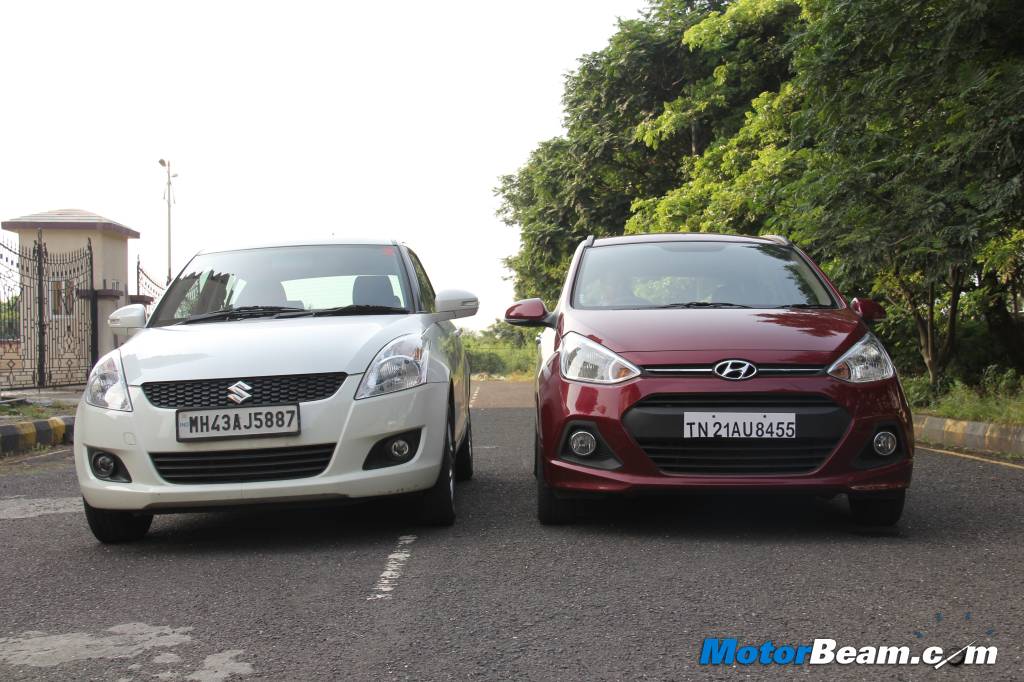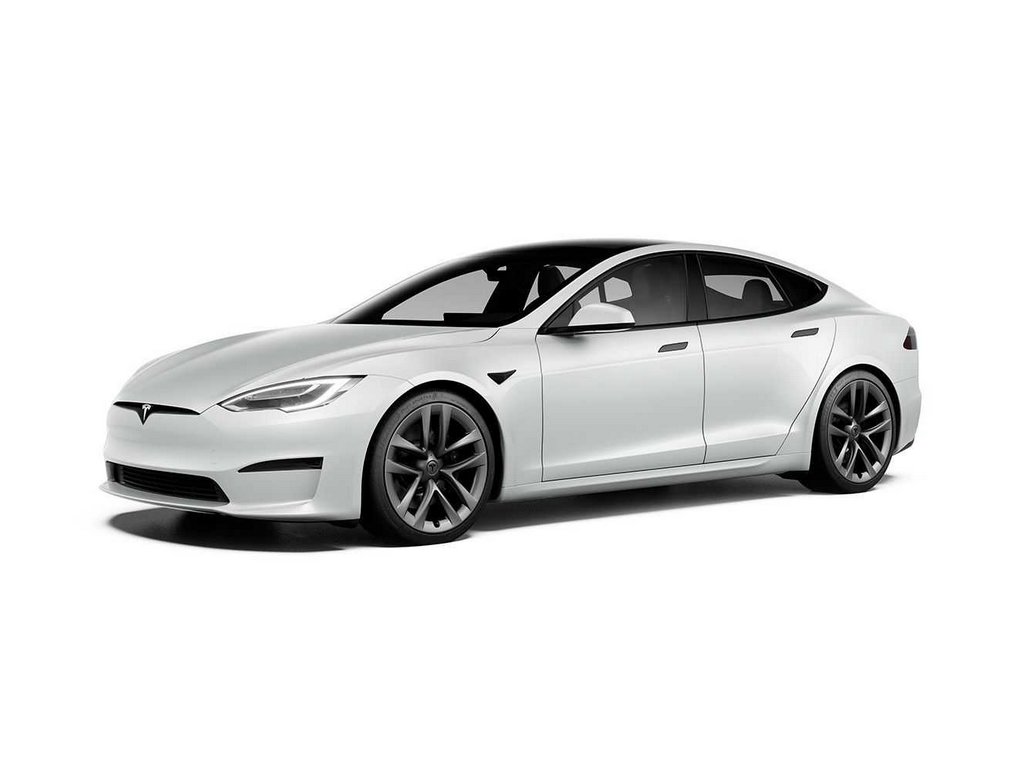
India’s new EV manufacturing scheme aims to attract global players with reduced duties
The Indian government is considering introducing a sales target of Rs. 7500 crores under its Scheme for the Promotion of Manufacturing Electric Cars in India, as part of efforts to boost domestic production and attract global manufacturers. The initiative, spearheaded by the Ministry of Heavy Industries, is currently in its final stages, with guidelines expected to be finalised after inter-ministerial consultations.
Scheme Overview
Launched in February 2024, the scheme seeks to encourage major electric vehicle manufacturers to establish production facilities in India by offering temporary duty concessions. Currently, companies importing fully assembled cars face a 100% import duty. However, the scheme proposes a reduced rate of 15% for five years, contingent on an investment commitment of Rs. 4150 crores in domestic manufacturing facilities.
Eligible companies will also be required to meet localisation targets, achieving 25% domestic value addition (DVA) by the third year and 50% DVA by the fifth year.
Proposed Sales Targets and Investment Conditions
Incorporating feedback from major domestic and international original equipment manufacturers (OEMs), the government is considering sales value milestones to enhance accountability. Companies participating in the scheme may be required to achieve Rs. 5000 crores in sales value by the fourth year of operations and Rs. 7500 crore by the fifth year.
The scheme permits participants to import up to 8000 EVs annually at the reduced duty rate, with provisions to carry forward any shortfall in imports to subsequent years. Additionally, 5% of the required Rs. 4150 crores investment can be allocated towards charging infrastructure development.
To broaden participation, the scheme may allow brownfield investments. Companies already manufacturing vehicles in India could qualify, provided they establish new, dedicated EV production lines. Such participants would be subject to the same conditions as new entrants.
Tesla’s Absence Notable Among Stakeholder Feedback
The Ministry of Heavy Industries has received feedback from nearly all major global and domestic OEMs, including Nissan, BMW, Mercedes, VinFast, Hyundai, Kia, Toyota, Mahindra, Tata Motors and Maruti Suzuki. However, American EV giant Tesla has yet to provide input or express formal interest in the scheme.
Encouraging Global Investments
The government hopes to attract global players like Tesla and VinFast by offering significant incentives. The concessional duty rate will apply to fully assembled EVs priced at $35,000 or higher, targeting premium segments and ensuring that investments align with India’s long-term localisation goals.
Implementation Timeline
Following extensive consultations, the government plans to begin inviting applications by mid-February 2025. The final guidelines are expected to reflect the suggestions provided by stakeholders and align with the objectives of fostering a robust EV ecosystem in India.
Balancing Localisation and Market Entry
The scheme has drawn comparisons to the automotive Production Linked Incentive (PLI) policy, which incentivises domestic production through sales-linked targets. By introducing localisation and sales benchmarks, the initiative aims to strike a balance between enabling market entry for global players and promoting domestic manufacturing capabilities.
Challenges Ahead
While the reduced duty is an attractive proposition, the strict localisation and investment conditions may pose challenges for some companies. Industry analysts suggest that the success of the scheme will depend on how well it aligns with the strategies of major global manufacturers and their ability to navigate India’s evolving regulatory environment.
As the Ministry of Heavy Industries prepares to finalise the guidelines, stakeholders remain optimistic about the scheme’s potential to drive growth in India’s electric vehicle market while advancing the country’s green mobility agenda.
